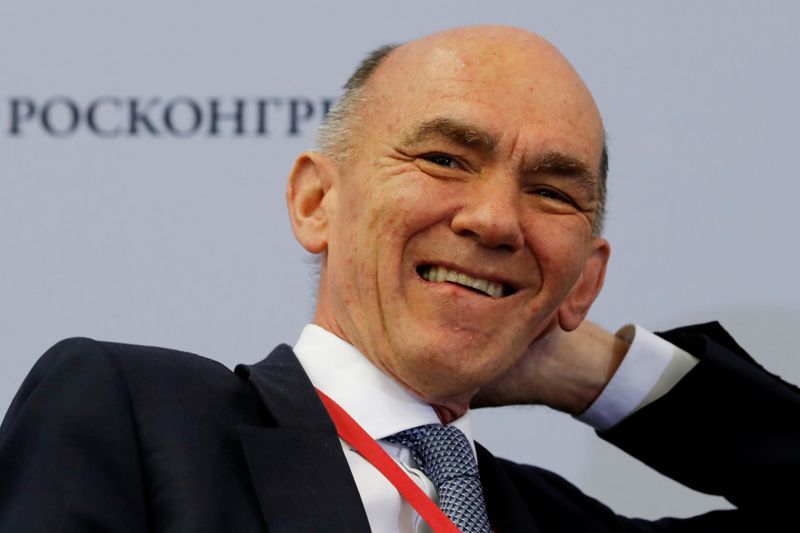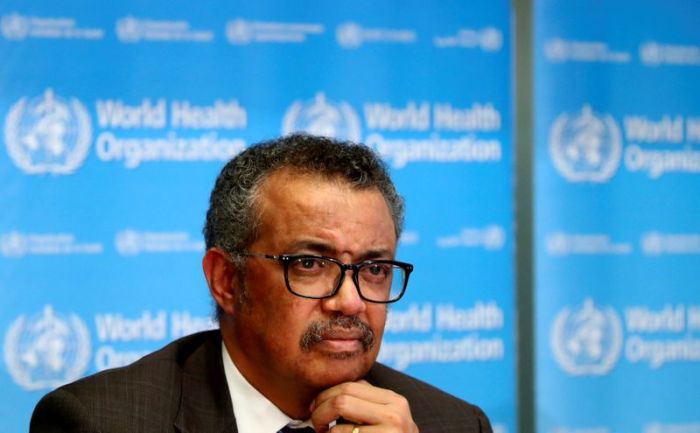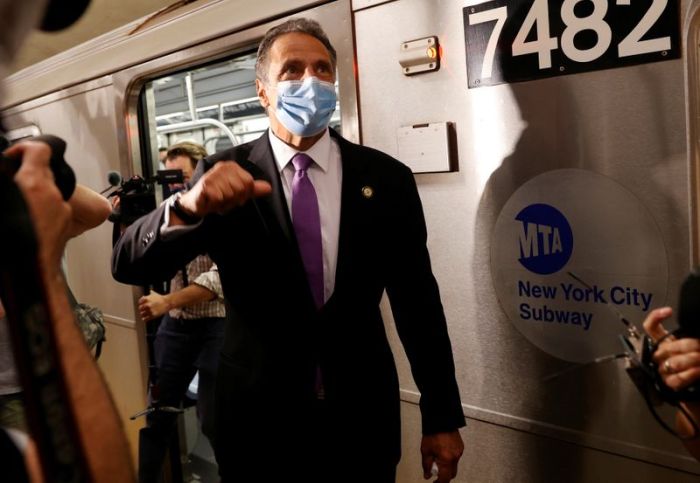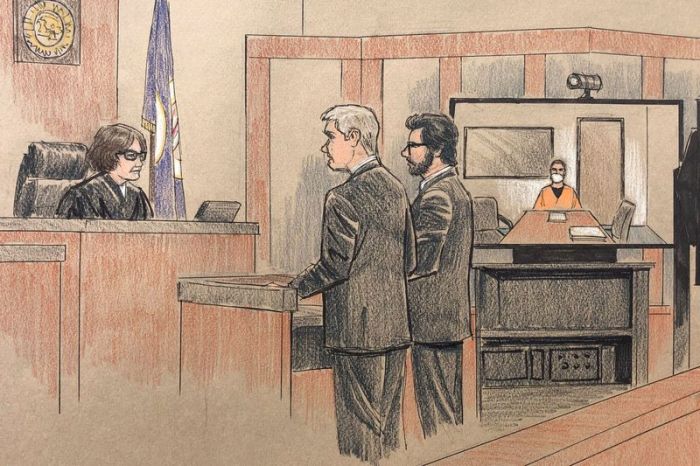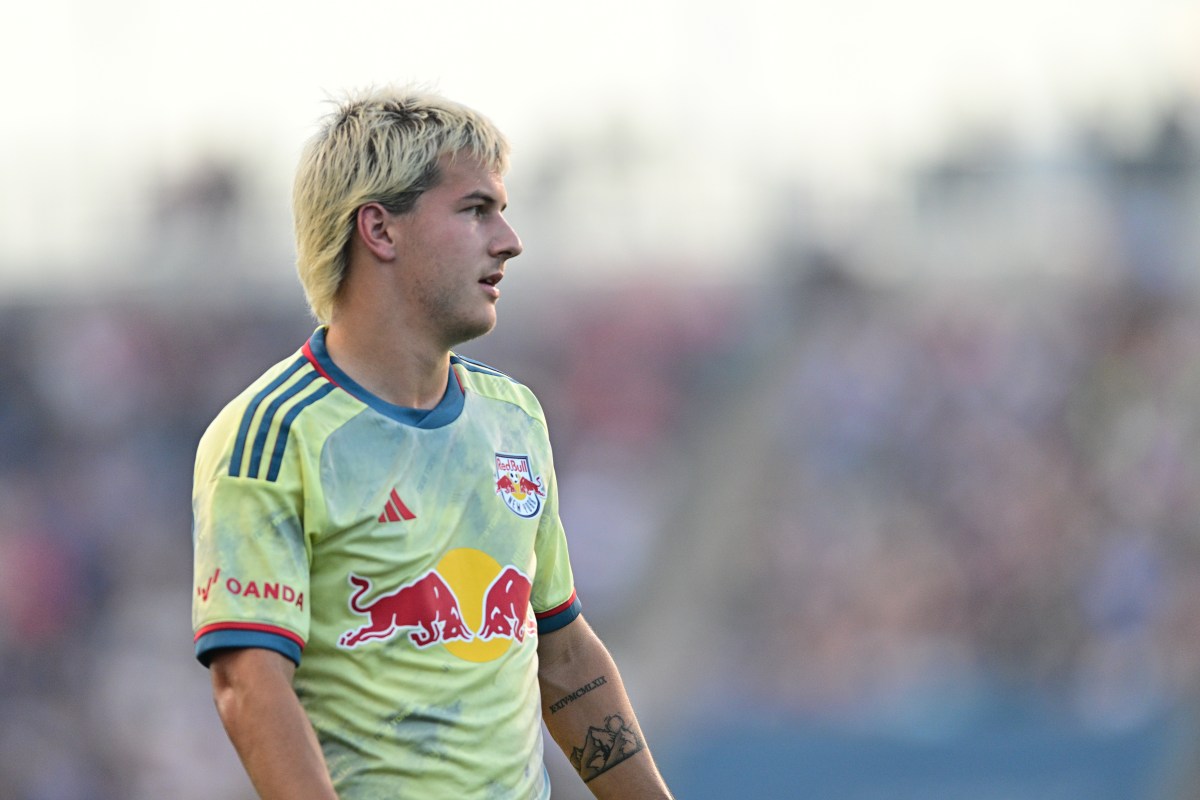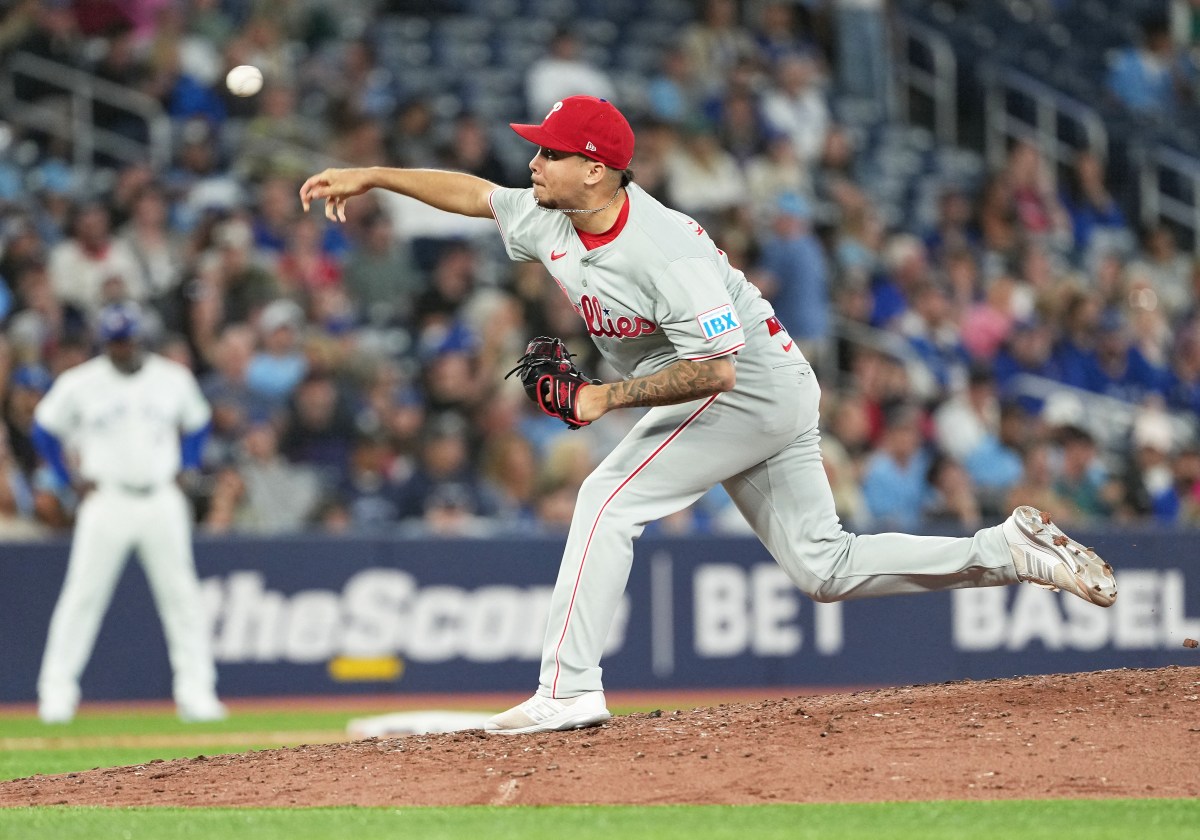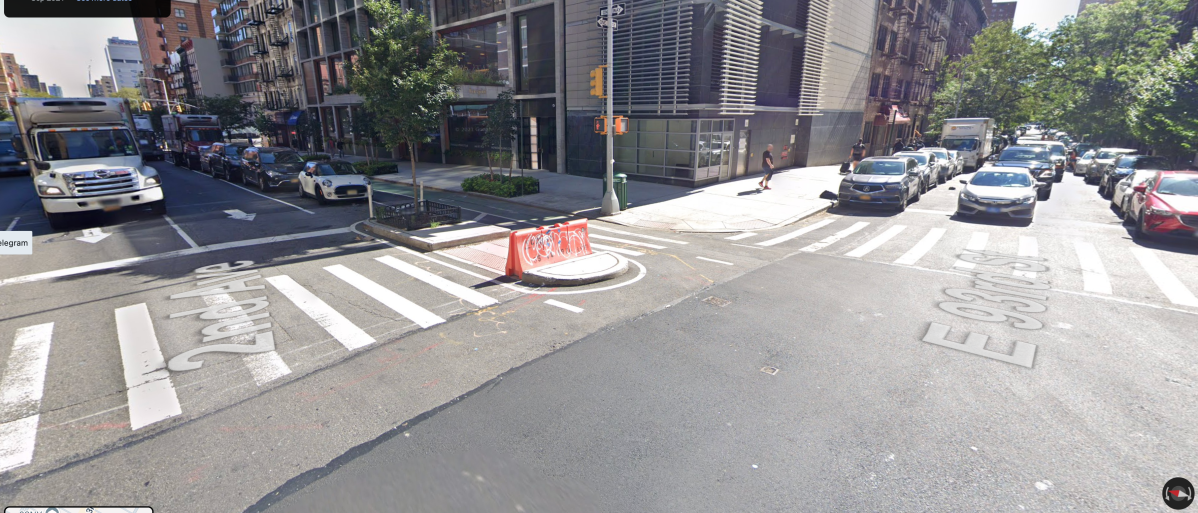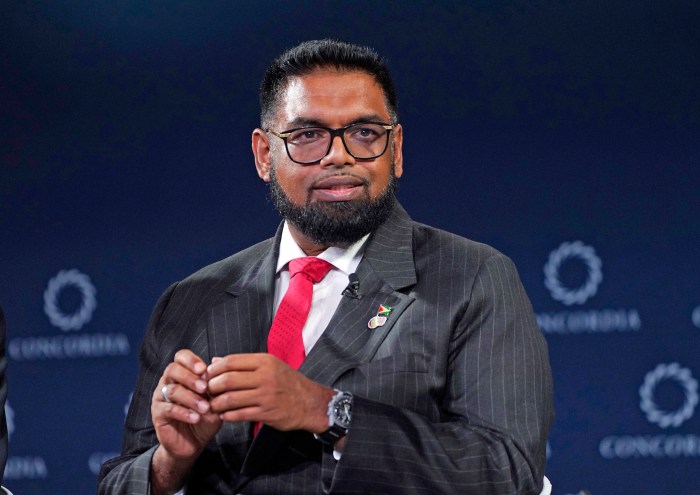SINGAPORE/LONDON/MOSCOW (Reuters) – Ian Taylor, who built Vitol into the world’s biggest oil trader, has died from pneumonia at the age of 64, the company said on Tuesday, after surviving bouts of cancer and a stroke last year.
From drinking with Fidel Castro to providing billions of dollars to Kazakhstan, Taylor was known as a risk taker who even flew to Libya during the 2011 uprising against Muammar Gaddafi.
In 1995 the Oxford University graduate became CEO of Vitol, which with Britain’s blessing supplied the opposition in Benghazi with vital fuel in exchange for crude oil cargoes.
During Taylor’s time in charge, Vitol also carried on trading Iranian fuel oil in 2012, despite U.S. sanctions.
Glencore’s CEO Ivan Glasenberg said Taylor was “one of the last of the pioneers that helped transform the oil trading industry”, adding that he would be missed.
Described by his successor Russell Hardy as “exceptional”, Taylor became one of Britain’s richest businessmen and in 2007 stepped in to save Scottish fabric maker Harris Tweed Hebrides.
“He combined energy and a determination to succeed with humility, humour and humanity,” Hardy said in a statement.
A Conservative party donor who turned down the offer of a knighthood from former British Prime Minister David Cameron, Taylor was chairman of the Royal Opera House until 2019.
After starting his career at Shell <RDSa.L> in 1978 and working in South America and southeast Asia, Taylor joined privately-owned Vitol [VITOLV.UL] in 1985, turning the once modest Dutch fuel dealer into a global trading operation.
“Ian was a formidable figure in the modern commodities trading industry, and central to the establishment of Vitol as a successful company,” Trafigura CEO Jeremy Weir said.
Vitol, run out of London, became the biggest trading rival to BP <BP.L> and Shell under Taylor, partly by poaching their top staff. Last year, the firm traded around 8 million barrels of oil per day.
“We owe him a great deal,” Hardy added.
Taylor, who stepped down as Vitol CEO in 2018, told The Times last year that he was first diagnosed with throat cancer in his late fifties and would donate funds to develop the proton beam therapy machine that saved his life.
(Reporting by Julia Payne, Olga Yagova and Florence Tan; Additional reporting by Dmitry Zhdannikov; Writing by Julia Payne; Editing by Louise Heavens and Alexander Smith)

